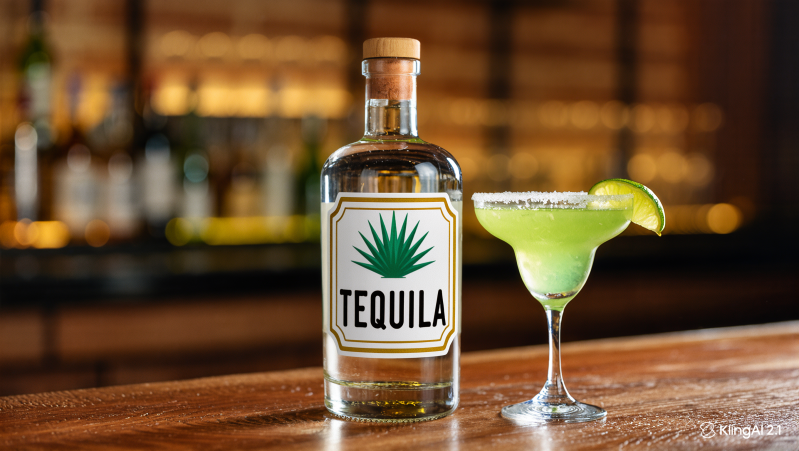Tequila is a distilled spirit made exclusively from the blue Weber agave plant, primarily grown in the Mexican state of Jalisco and a few designated surrounding regions. It is protected by denomination of origin laws, meaning it can only be called “tequila” if it meets strict production and geographic requirements. The heart of the agave plant, called the piña, is harvested, cooked, and crushed to extract its sweet juice. Unlike grain-based spirits, tequila derives its flavor and character from the agave, resulting in a distinct earthy, peppery, and sometimes citrusy profile.
Production begins with the roasting or steaming of the piñas to convert stored carbohydrates into fermentable sugars. The cooked agave is then mashed, and its juice is fermented—often using naturally occurring wild yeast or cultivated strains. Distillation typically occurs twice in copper pot stills, though some producers may use stainless steel. The first distillation, called “ordinario,” produces a low-proof spirit, which is then distilled again to reach the desired alcohol content while concentrating flavors.
After distillation, tequila is either bottled immediately as blanco (unaged), rested for at least two months in oak as reposado, or aged for a year or more as añejo and extra añejo. Oak aging imparts vanilla, caramel, and spice notes, softening the agave’s sharper edges. Most tequilas are bottled between 76–110 proof (38–55% ABV), with 80 proof (40% ABV) being the most common.
Tequila’s flavor varies widely depending on the agave’s growing region, production method, and aging process. It is consumed neat, in cocktails such as margaritas and palomas, or as a sipping spirit in premium aged forms. Its unique combination of vegetal sweetness and spice has earned it a growing place alongside whiskey and rum as a premium sipping option.
Mezcal Interlude:
Mezcal is tequila’s smoky cousin, also made from agave but not limited to the blue Weber variety—over 40 species of agave can be used. Its production is centered in Oaxaca, Mexico, though other states also make it under denomination of origin protections. The defining characteristic of mezcal is the traditional cooking of agave hearts in underground pits lined with volcanic rock, which imparts a deep, smoky flavor. While tequila production favors more industrialized methods, mezcal often retains artisanal techniques, giving it a rustic and robust profile. Mezcal is usually bottled at 80–110 proof (40–55% ABV) and is enjoyed neat or in craft cocktails where its smoky complexity shines.
